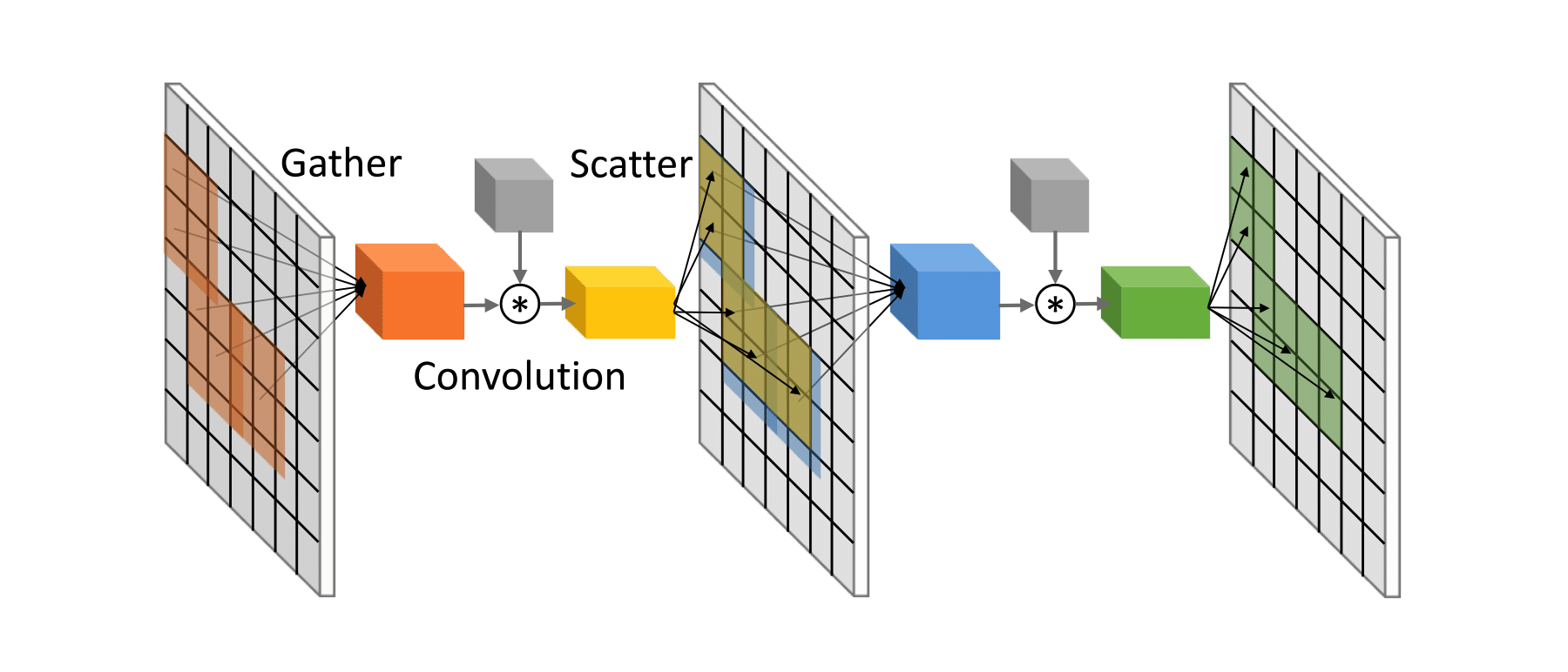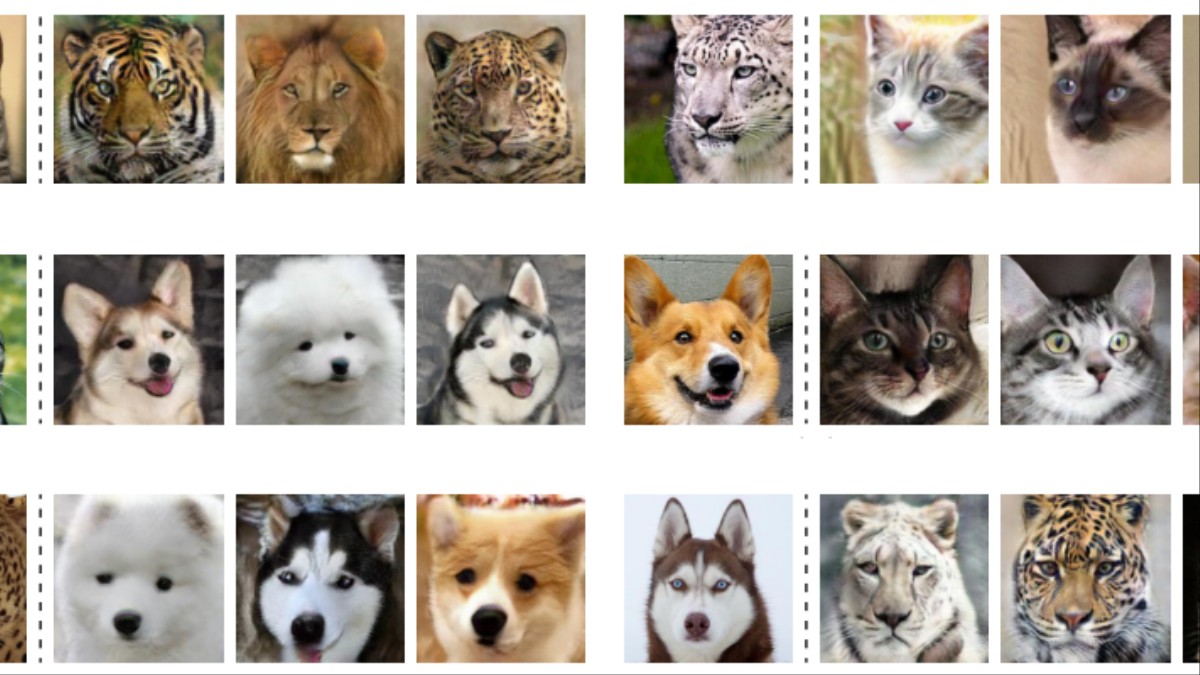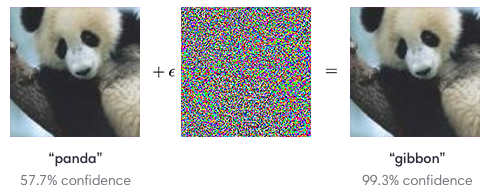
Accelerating Deep Neuroevolution: Train Atari in Hours on a Single Personal Computer
Table of Contents

We recently published an article announcing five papers on deep neuroevolution, including the discovery that genetic algorithms can solve deep reinforcement learning problems as well as popular alternatives, such as deep Q-learning and policy gradients. That work follows on Salimans et al. 2017, which showed the same for evolution strategies (ES), another neuroevolution algorithm. We further described how ES can be improved by adding exploration in the form of a pressure for agents to be novel, and how ES relates to gradient descent.
All of that research was computationally expensive: It was conducted on between 720 and 3000 CPUs distributed across a large, high-performance computing cluster, seemingly putting deep neuroevolution out of reach for most researchers, students, companies, and hobbyists.
Source: uber.com


